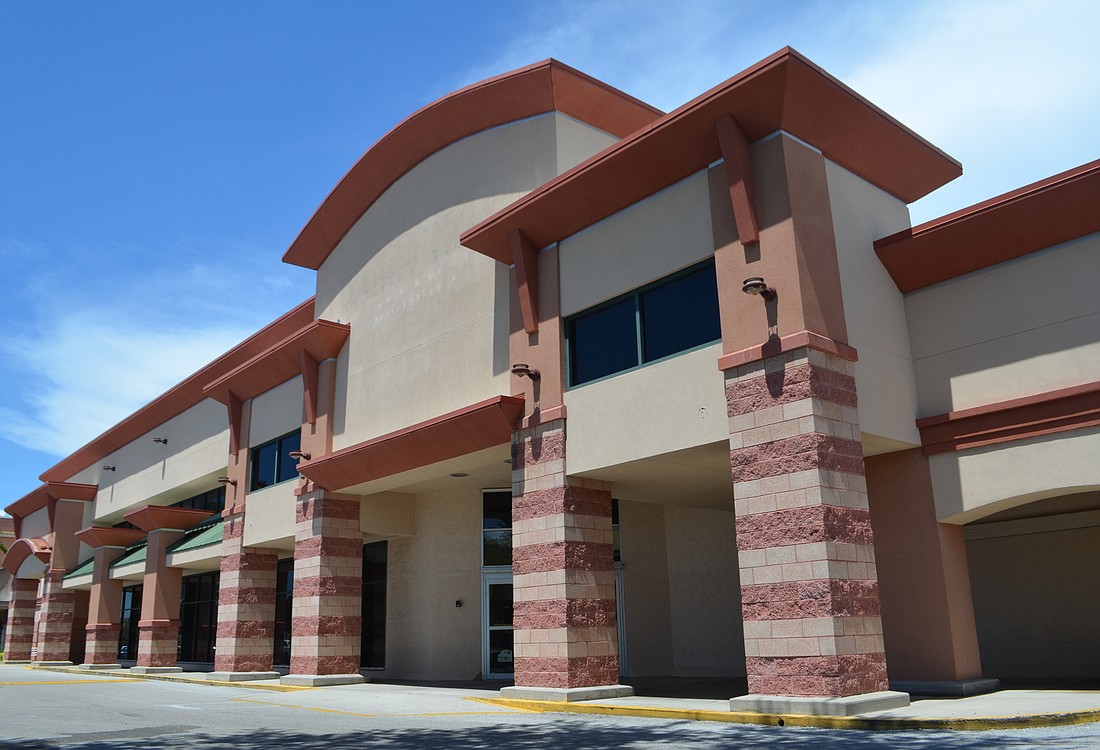- February 13, 2026
-
-
Loading

Loading

What’s a reasonable price to charge a developer for building a hotel 20 feet taller than existing height regulations allow?
According to a majority of the City Commission, the answer is $150,000.
In a 3-2 vote Monday, the commission voted to adopt a zoning text amendment revising the regulations in the Commercial General zoning district. The changes are designed to allow for residential construction on commercial properties larger than one acre while including provisions intended to facilitate the production of affordable housing.
The inspiration for the new regulations dates back to early 2019, when the commission approved a rezoning request for the Midtown Plaza shopping center property at U.S. 41 and Bahia Vista Street. When officials discussed the zoning change, they expressed regret the property owner would not be able to do a mixed-use project under Commercial General regulations. Later that year, the commission directed staff to produce a zoning text amendment that would make residential projects an allowed use on Commercial General sites.
As staff developed a proposed amendment, there was some disagreement among the commission about the emphasis the new regulations should place on affordable housing. In November, the board voted 3-2 to reject a proposed zoning text amendment for Commercial General properties. The majority of the commission took issue with a provision that increased the maximum height of hotels in the zoning district from 45 feet to 65 feet without any housing contribution from the developer.
On Monday, the commission approved a revised version of the zoning text amendment that included a new rule tying the hotel height increase to a payment into the city’s affordable housing trust fund. If no housing is included in a project, the regulations state a developer must pay $5,000 for every additional foot in hotel height between 45 and 55 feet, and $10,000 for every additional foot between 55 and 65 feet.
The amendment requires a developer to build one unit of affordable housing for every three units of market-rate housing in a project. The maximum residential density in the zoning district is 25 units per acre.
John and Gavin Meshad, owners of the Midtown Plaza property, said they were willing to pay the price in order to build a hotel on the site. John Meshad said they were interested in working with Sarasota Memorial Hospital on a hotel project that would help serve visitors to the nearby medical facility. John Meshad said plans focused on tearing down the former Winn-Dixie space and building a smaller grocery store on the property, as well. Gavin Meshad said there’s no set timeline for when they intend to formally file plans for a project with the city.
Still, the Meshads encouraged the city to consider foregoing the affordable housing payment for taller hotel projects. Gavin Meshad said there is a lack of hotels outside of the downtown core in the city of Sarasota, and he said the 45-foot height limit makes it challenging to construct standard hotel projects. He suggested the 65-foot maximum would result in better projects, meaning the regulations would benefit the city even without the affordable housing payment.
“The question is: Is it making the products better in the city by having that increased height?” Gavin Meshad said.
That argument was echoed by Commissioners Liz Alpert and Hagen Brody, who cast dissenting votes Monday. Alpert and Brody said they feared the housing payment could discourage redevelopment of aging commercial centers they wanted to see revitalized.
“It’s borderline extortion, trying to extract fees with no nexus between what they’re trying to do for a product that we want anyway,” Brody said.
Still, a majority of the commission voted to retain the affordable housing payment.
“I do see the rational nexus,” Mayor Jen Ahearn-Koch said. “If we’re going to have hotels, we’re going to need people to work and live here.”
Also at Monday’s City Commission meeting: